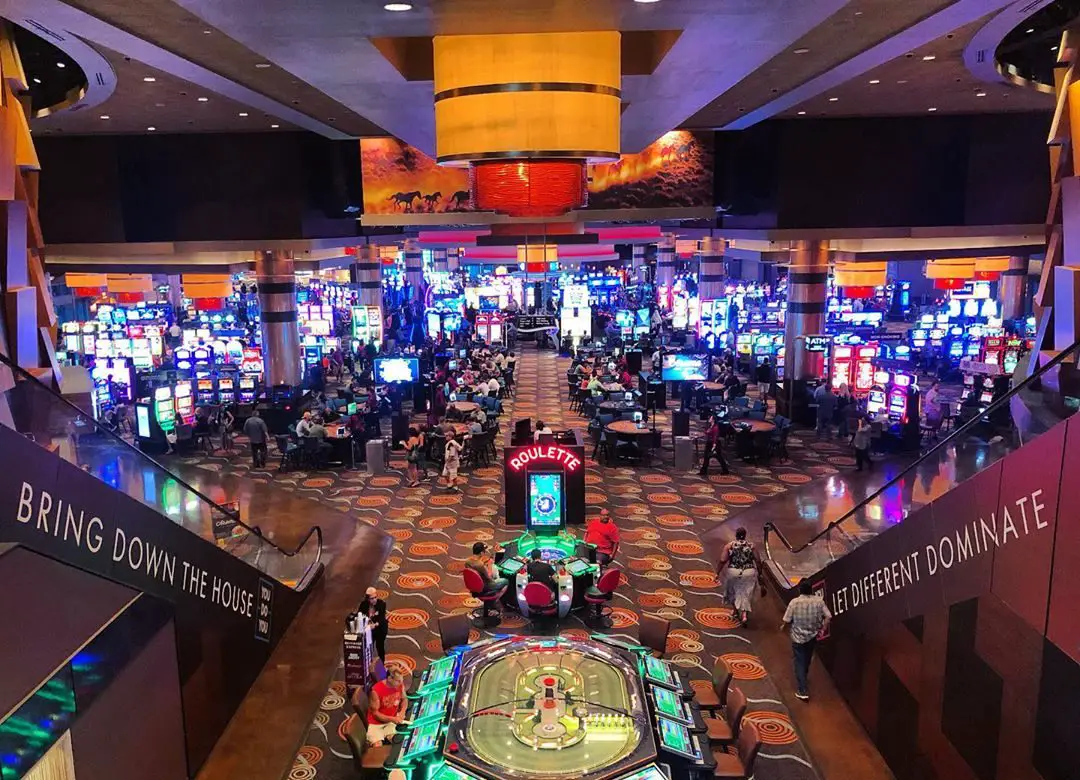
A world of gambling games is constantly evolving, shaped by dynamic laws, technological advancements, and evolving market demands. While governments and gaming commissions strive to create a secure and fair space for gamblers, the landscape of gambling laws is experiencing major changes. Understanding these developments is important for both sides of casino operators and players looking to navigate the thrilling yet complex world of gambling. https://78win.id/
Recently, multiple regions have proposed and implemented new policies designed to improving player protection while encouraging safe gambling. These updates not only impact the types of gambling games available but also the manner in which they are marketed and accessed. In this article, we will explore the latest regulatory updates, their implications for the industry, and that which players can look forward to as they engage with their preferred gambling games.
Revised Regulatory Frameworks
Current trends in gambling legislation are shaping the prospects of gambling entertainment across multiple areas. Governments are recognizing the importance for a comprehensive governance structure that not solely safeguards players but also ensures just play and responsible gaming. These frameworks are designed to address issues such as digital gambling, virtual currencies, and developments in technology, reflecting the changing landscape of the gambling field.
One notable development is the adoption of tighter policies regarding openness and player safety. Casinos are now obligated to provide clear data on odds, payout rates, and the possible hazards related to betting. This change aims to enable gamblers by allowing them take wise decisions while also helping to address gambling issues through accountable play measures. Gaming providers are required to set up self-exclusion initiatives and provide support for players seeking aid.
Additionally, emerging rules are being implemented to emerging technologies such as augmented reality and distributed ledger technology in gambling activities. Oversight bodies are developing guidelines to assure that these advancements maintain authenticity and justice while also securing gambler data. As the industry progresses, regulators are modifying to ensure that developments enrich the gaming environment while shielding both players and entities.
Effect on Game Diversity
The latest developments in game rules have opened new pathways for gaming experiences, allowing for greater creativity and difference within the industry. As regulatory bodies modernize their criteria, creators are inspired to design unique game offerings that appeal to a wider audience. This has resulted in a diverse collection of new games, incorporating multiple topics, categories, and systems that were formerly overlooked or limited by tighter policies.
With a more flexible regulatory environment, casinos are now free to test various game formats, including skill-based games and interactive experiences. This change has led to a rise in hybrid games that blend traditional casino components with contemporary gameplay trends, such as video gaming and augmented reality. By expanding the game offerings presented, gaming venues can draw in not only seasoned gamblers but also recreational gamers who may favor more unique selections.
Furthermore, the evolution of regulations has highlighted clarity and justice in gambling, which could instill increased trust from players. As a result, consumers are more open to try a greater range of gaming experiences, knowing they are engaging with services that follow modern standards. This growing confidence enhances engagement and can ultimately propel revenue growth as more diverse choices meet varying interests and audiences in the casino sphere.
Emerging Developments in Oversight
As the casino landscape evolves, regulators are progressively focused on adopting technology-based solutions to enhance openness and equity. The incorporation of distributed ledger technology into gaming operations is projected to gain traction, allowing for increased oversight of operations and ensuring that games remain fair and tamper-proof. This shift could lead to a regulatory framework that welcomes these innovations, promoting confidence among players and operators alike.
In addition to tech-based incorporation, there will likely be a greater emphasis on responsible gaming practices within the oversight environment. Authorities are predicted to implement more stringent measures to promote participant protection, including mandatory self-exclusion systems and effective age verification systems. This move aims to defend vulnerable populations while ensuring that the pleasure of gambling games is preserved for prudent gamblers.
Lastly, as online gaming continues to increase globally, harmonization of laws across different areas will become a pressing need. Countries may seek to collaborate more closely on shared standards for permits, operation, and taxation. This could lead to a more simplified regulatory system for international operators, fostering a wider acceptance of online casino platforms while maintaining strong of gambler protection and honesty in the gaming industry. 78WIN
